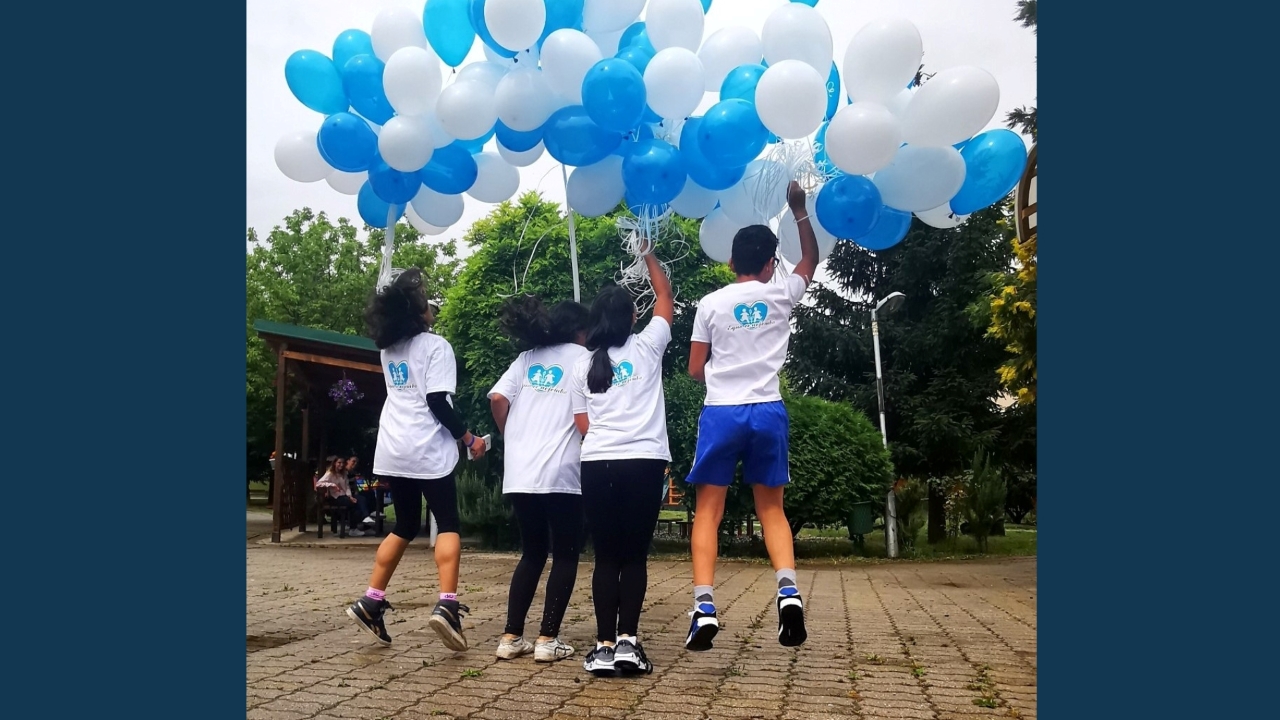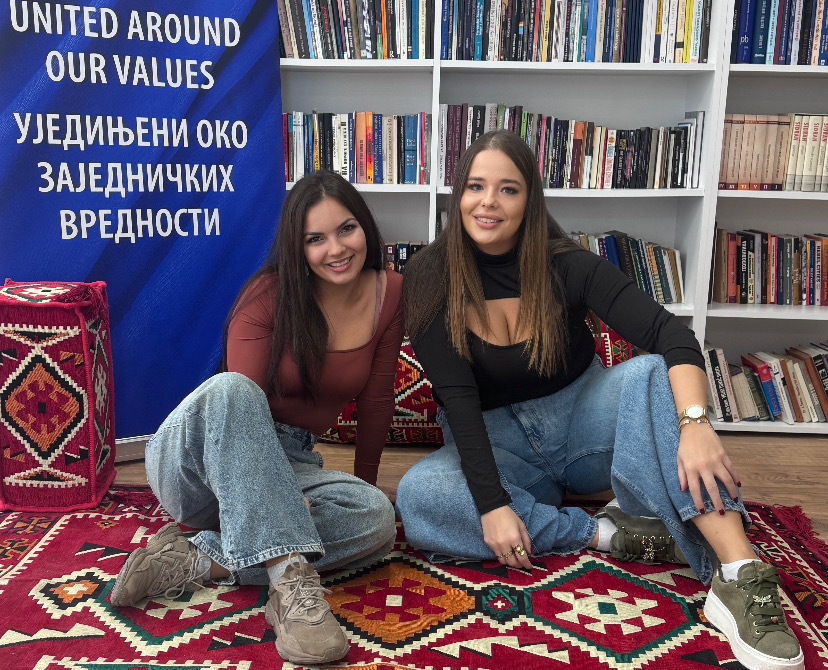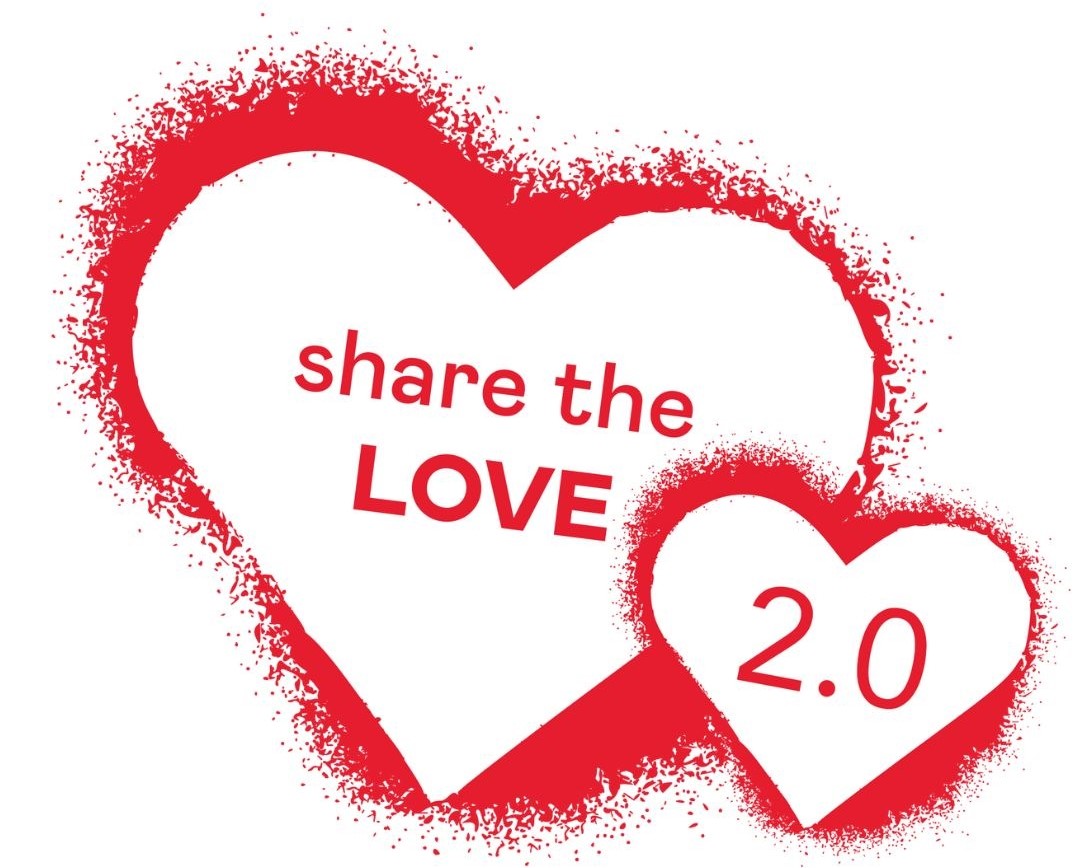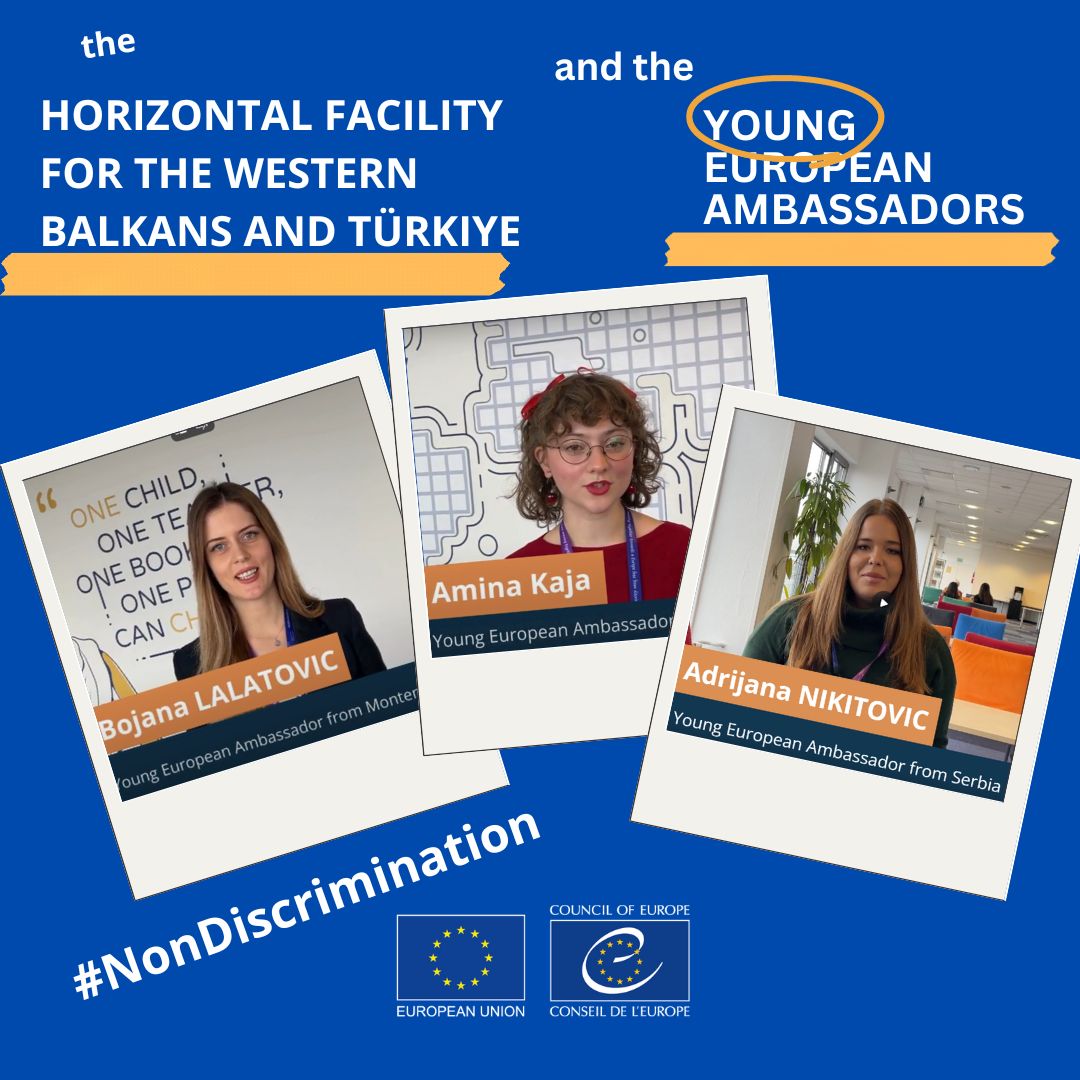When Jana (name changed for protection) arrived at SOS Children’s Village foster home, she carried only a small bag, and an invisible weight of fear, trauma, and mistrust. At just 15, she had endured months of exploitation by traffickers who had promised her “a better future.” Instead, she found herself trapped in a cycle of abuse and control. She disappeared for months, sparking the haunting question: Where is Jana?
Thanks to persistent outreach and the dedication of the local anti-trafficking actors, Jana was eventually located and placed in foster care with the support of the Centre for Social Work.
Jana’s case reminds us that behind every statistic there is a human story. Alexandra Ivanovski, Head of the Centre for Support of Foster Families at SOS Children’s Village shared with us that child victims of trafficking, like Jana, need a trauma-informed and holistic approach that shifts the question from “What’s wrong with you?” to “What happened to you?”— reducing re-traumatisation and supporting mental health recovery.
“Over the past few years, we have fostered more than a dozen children, potential or formally identified victims of human trafficking, including from among migrants, victims of begging, and of forced marriage”, stressed Ivanovski.
In North Macedonia, between 2019 and 2024 there were 30 identified child victims out of 115 identified victims of human trafficking (approximately 20%). They are mostly trafficked for sexual exploitation, forced marriages, begging, but there are also instances of labour exploitation and dual exploitation (sexual and labour). Children without parental care are especially at risk of child trafficking. In some instances, the children are taken into care because the parents/family are unable to take care of them, or have been exploiting them.
For nearly 25 years, SOS Children’s Village in North Macedonia has provided care for children without parental support and those at risk of losing it. Victims of trafficking receive emergency accommodation, individualised support, continuous psychological assistance, and skilled foster carers trained in trauma-informed care.
“Children in alternative care often come with complex trauma”, explained Ilcho Badarov, Head of the Support Housing Service stressing the importance of applying trauma informed therapy. “Trauma-informed care improves outcomes, reduces anxiety, and helps both children and carers navigate challenges”, stressed Badarov. Specialised training for professionals in the field has been provided during the last years through various capacity-building initiatives, supported and facilitated by the EU and the Council of Europe. They aim to ensure that local professionals in the field are equipped with skills and tools to respond to the specific needs of trafficked children.
Evidence shows that many victims are found in public spaces and are first spotted, not by respective institutions, but by dedicated individuals. The NGO “For Happy Childhood”, active since 2000, works extensively with children in a street situation – a group highly vulnerable to labour exploitation and trafficking. Trained volunteers, often university students, go into the field at traffic lights, markets, and bus stations to speak with children in a street situation, listen to their stories, and detect early warning signs. In this context, joint capacity building activities organised with the support of EU and Council of Europe joint anti-trafficking action in North Macedonia, have enabled specialised training for professionals, law enforcement, and social workers equipping them with manuals and guidelines tailored to the needs of child victims. Capacity-building and awareness-raising initiatives in at-risk communities have proven to be efficient in the fight against child trafficking.
“The EU and Council of Europe support allows us to multiply our impact. It means more trained professionals, better-equipped foster families, and stronger prevention systems nationwide”, said Ivanovski.
Over the past few years, SOS Children’s Village has fostered more than a dozen children showing indicators of trafficking—cases involving sexual exploitation, forced begging, forced marriage, and unaccompanied child migrants. The collaboration with the NGO “For Happy Childhood” spans for years, from training foster mothers and assistants to producing specialised manuals on working with trafficked children in care. Since 2018, support has been provided to produce practical manuals on identifying presumed victims, and to deliver targeted training for foster carers, social workers, police officers, and border staff.
“Human trafficking is a problem that deserves serious attention and action. It hits the most vulnerable: namely women and children. That is why children's self-protection and resilience skills should be developed at an early age”, said Svetlana Cvetkovska, the Co-ordinator of the National Referral Mechanism explaining how important is a well-developed national and transnational referral mechanism for victims of trafficking in human being, to be able to address this complex problem and take appropriate measures.
Preventing and combating child trafficking requires courage and collective action to ensure that public institutions uphold strong protection systems, the civil society provides specialised, child-centred services, while communities remain vigilant. Considering its complexity, the European Union and the Council of Europe have joined forces and will continue to assist local actors in North Macedonia with key tools and knowledge to bring forward the fight against child trafficking, where no child is left behind.
While numbers show the scope of the problem, the real measure of success is in transformed lives. Today, Jana attends school regularly, participates in community activities, and makes plans for her future. “I feel safe now”, she said with a kind smile. “I can think about tomorrow without being afraid.”
Every rescued child is a victory. Jana’s story shows that, with the right support, a child’s tomorrow can be brighter.
The action “Strengthening anti - trafficking action in North Macedonia” is part of the of the European Union and Council of Europe joint initiative “Horizontal Facility for the Western Balkans and Türkiye”.





